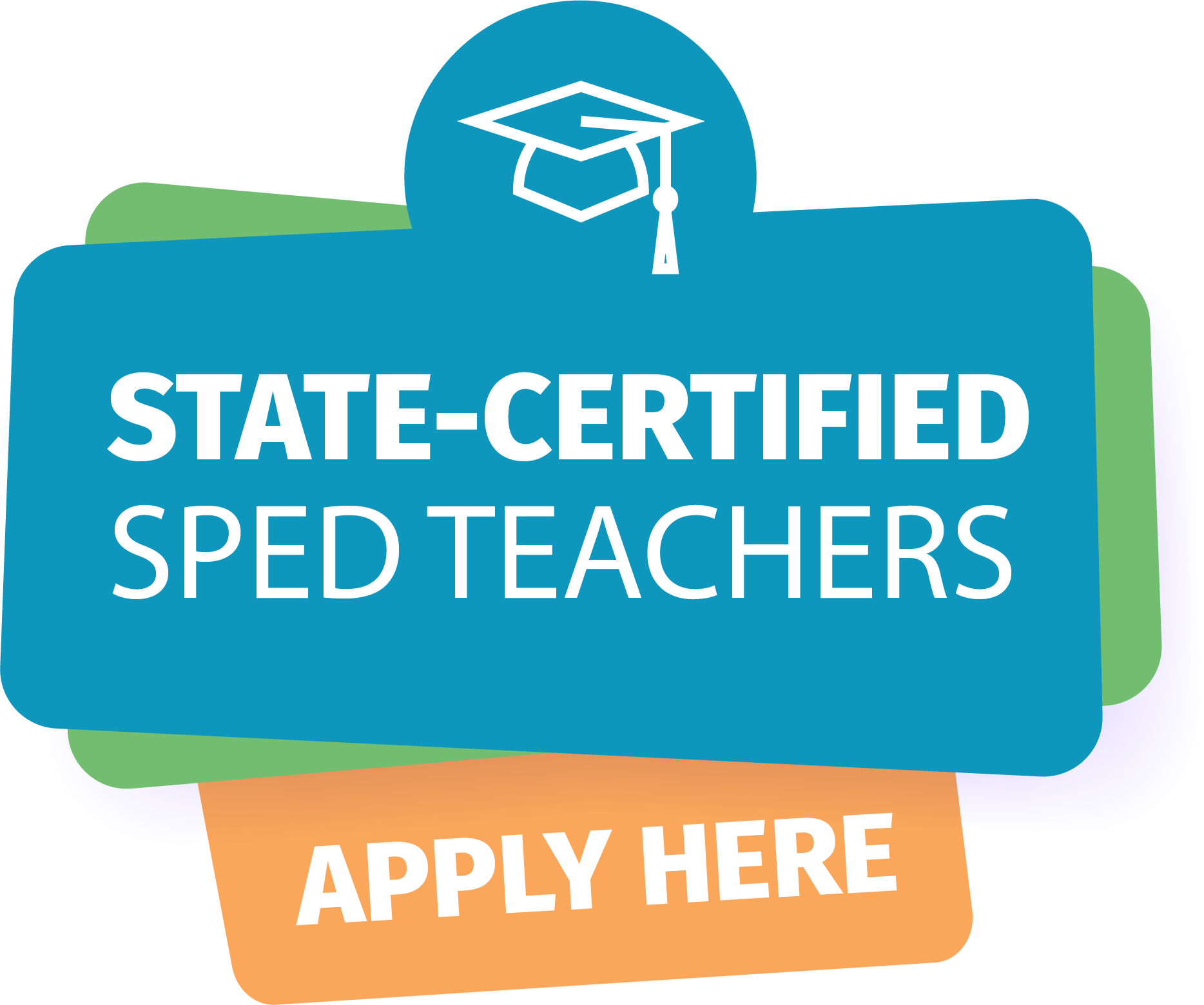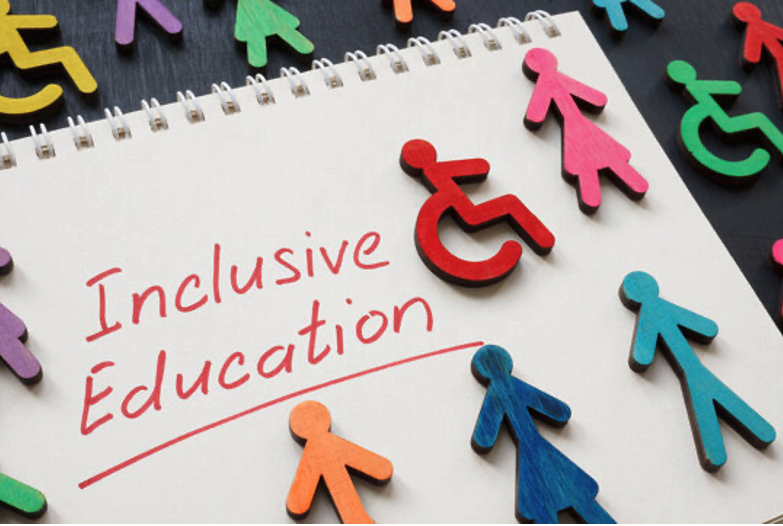Writing Strategies For Learners with Special Needs

Establishing Routine for your Learner with Special Needs

The Importance of Play for our Learner with Special Needs
The first thing to consider when thinking about writing strategies for our learners with special needs is that it must be meaningful. When our learners are beginning the process of writing and learning the basic strategies for sentence structure, capitalization, and punctuation, the topic must be interesting to the child. What this means is that the writing assignment should be a topic on their interest level. So, consider what they enjoy doing. Do they like riding bikes, then start writing about bikes. Do they enjoy cooking, start there. Here are a few helpful hints to get you started.
- Journaling: This type of writing is nice for beginners, because it takes the anxiety out of the process. The student can begin writing without the worry about spelling, punctuation, or capitalization. The only requirement is getting their thoughts on paper or in a word document.
- Complete the paragraph: This type of writing has the student read a paragraph that has already been written, but it leaves off the ending. So, the student only has to add in the ending of the story. Again, this takes the pressure off. It eliminates the stress of having to start the paragraph and allows the student to learn the writing process by reading other author’s style.
- Process writing: In this type of writing, the student chooses a topic of their interest that requires steps in order to complete a goal. For example, if the student loves to make Lego creations, have them write the steps in creating their masterpiece. Or if they enjoy riding a bike, have the student write down the steps in order starting with walking to the garage. This type of writing not only supports the writing process, but helps the student process order, learn the use of transitional words, and organize their thoughts.
Related posts






